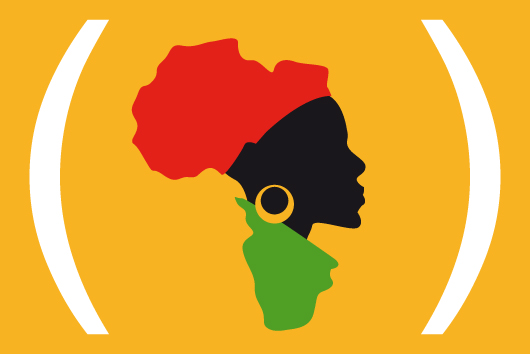Last week I visited Mujeres por Africa (Women for Africa), abbreviated as MxA. Women for Africa is a Foundation aimed at contributing to African development through its women. I had a great conversation with its initiator and President, Maria-Teresa Fernandez de la Vega (former Vice President of the Spanish government, 2004-2010) who shares a passion for Africa, and the vision to contribute to its development from within.

Women for Africa rests on a few important principles: its activities have to involve knowledge transfer, have a multiplier effect, and foster socio-economic development. This is so that their projects have a long-term, durable impact on a large scale.
The Foundation’s activities are grouped into 5 areas: education, knowledge, health, economic development, and empowerment. Closest to my activities are those that focus on economic development and knowledge. Here are two highlights, one from each of these two areas:
- “Women’s fields in Gambia” creates agricultural cooperatives run by women. Its purpose is “to bring together the female owners of horticultural smallholdings in order to boost all activities geared towards making the most of the cooperative members’ agricultural land. Not only does the project promote the role of women as agricultural entrepreneurs, it also contributes to increasing economic activity in Africa’s rural areas thus reducing imbalances in urban centers. Started as a pilot project in The Gambia, it’s been extended to Ghana and reaches close to 900 women. This program may contribute to changing the situation. It has enormous potential to increase socioeconomic development across sub-Saharan Africa.
- “Science by women” supports and increases the scientific and technological capabilities of African women. Africa is the continent with the widest scientific and technological development gender gap. African women are very capable, including in terms of making important scientific and technological advancements (did you see my post last week on traffic control robots developed by a female engineer in Congo?). By equipping African women scientists with training and an innovative spirit, the program contributes to Africa’s transition to a knowledge-based and innovation-led economy.
Isn’t it worth raising awareness of these programs? Here’s my call to action: Women for Africa now has an open Request for Applications for Visiting Senior Research Fellowships in Spain’s “Severo Ochoa” Centers of Excellence. Please spread the word so that the message reaches as many African women scientists as possible.

